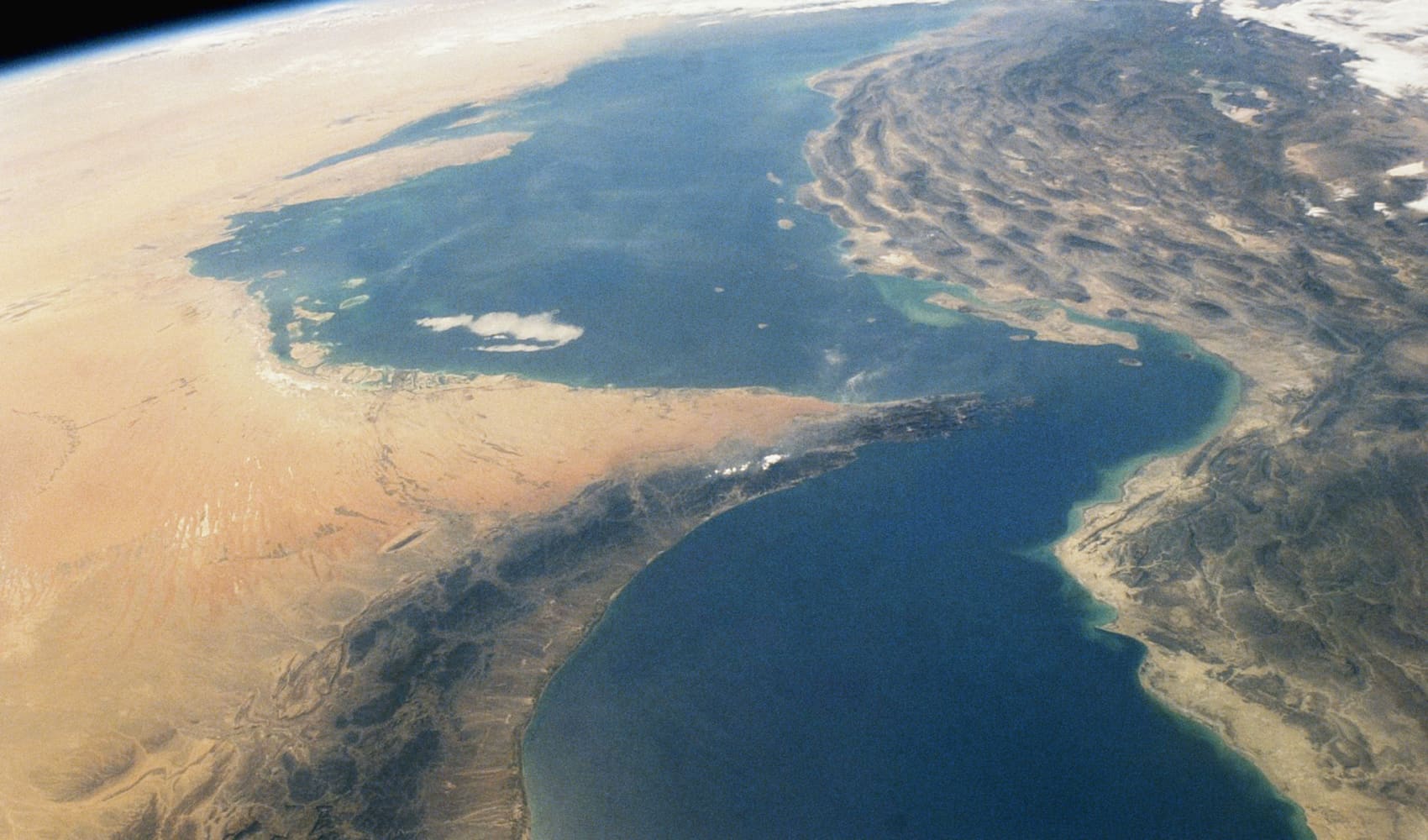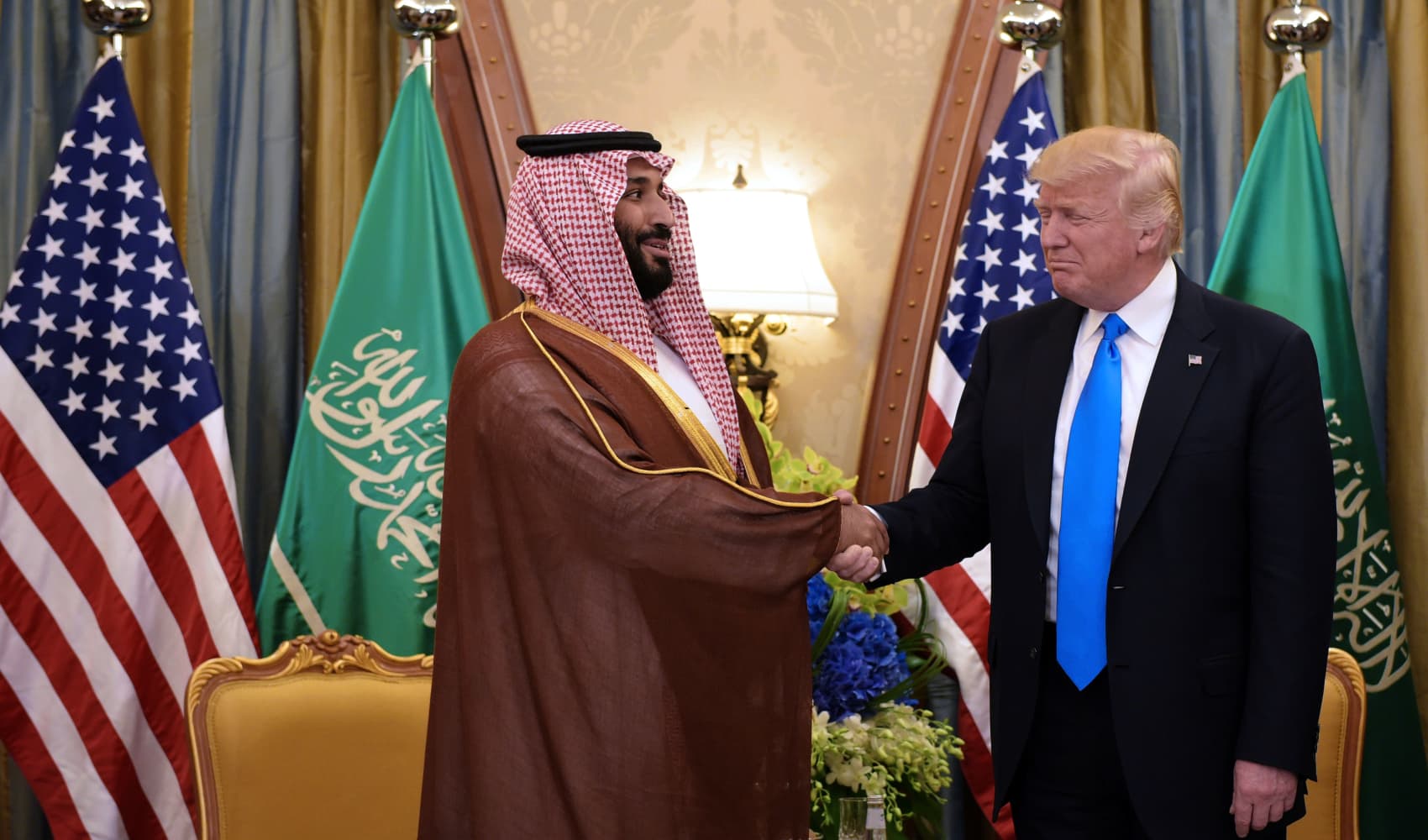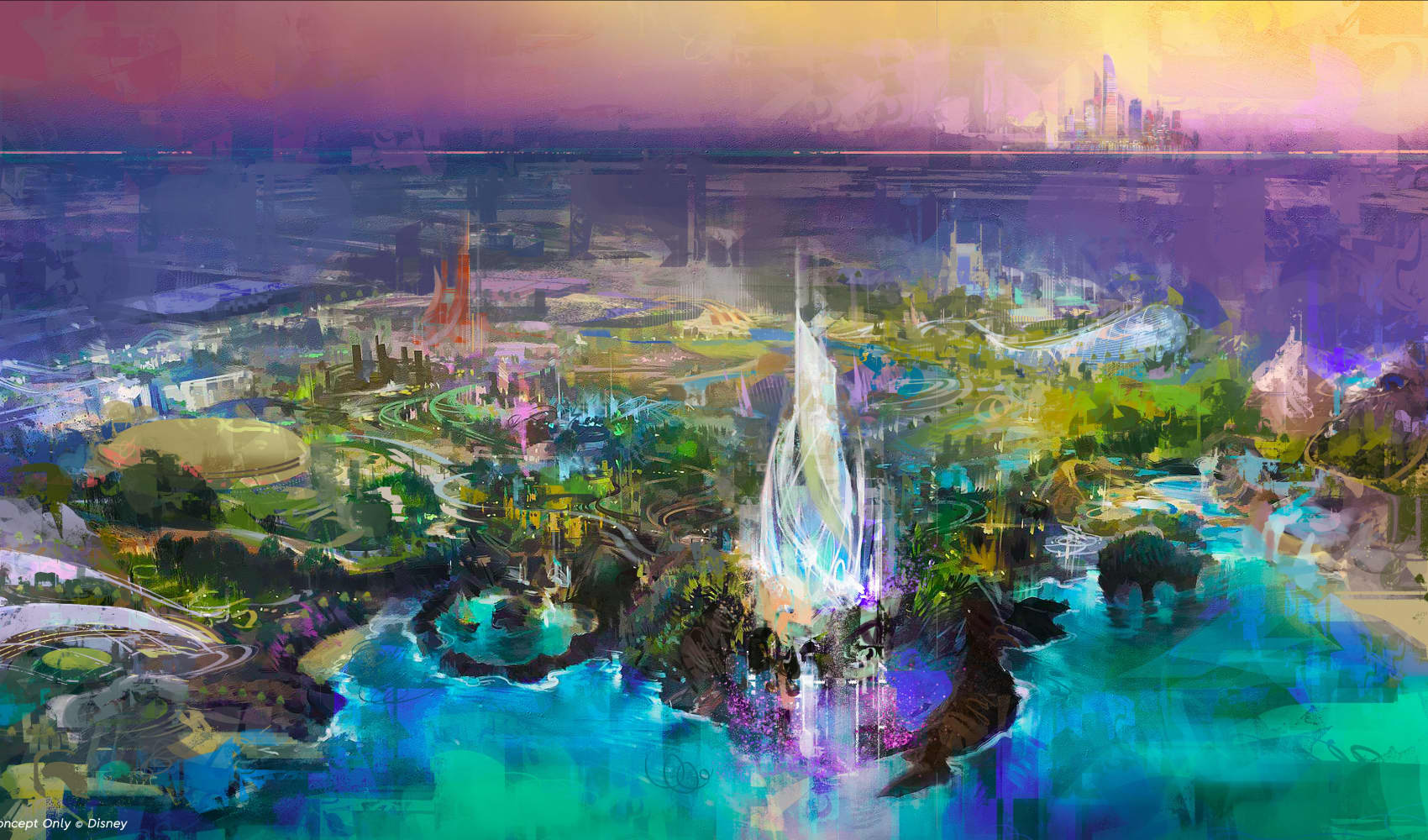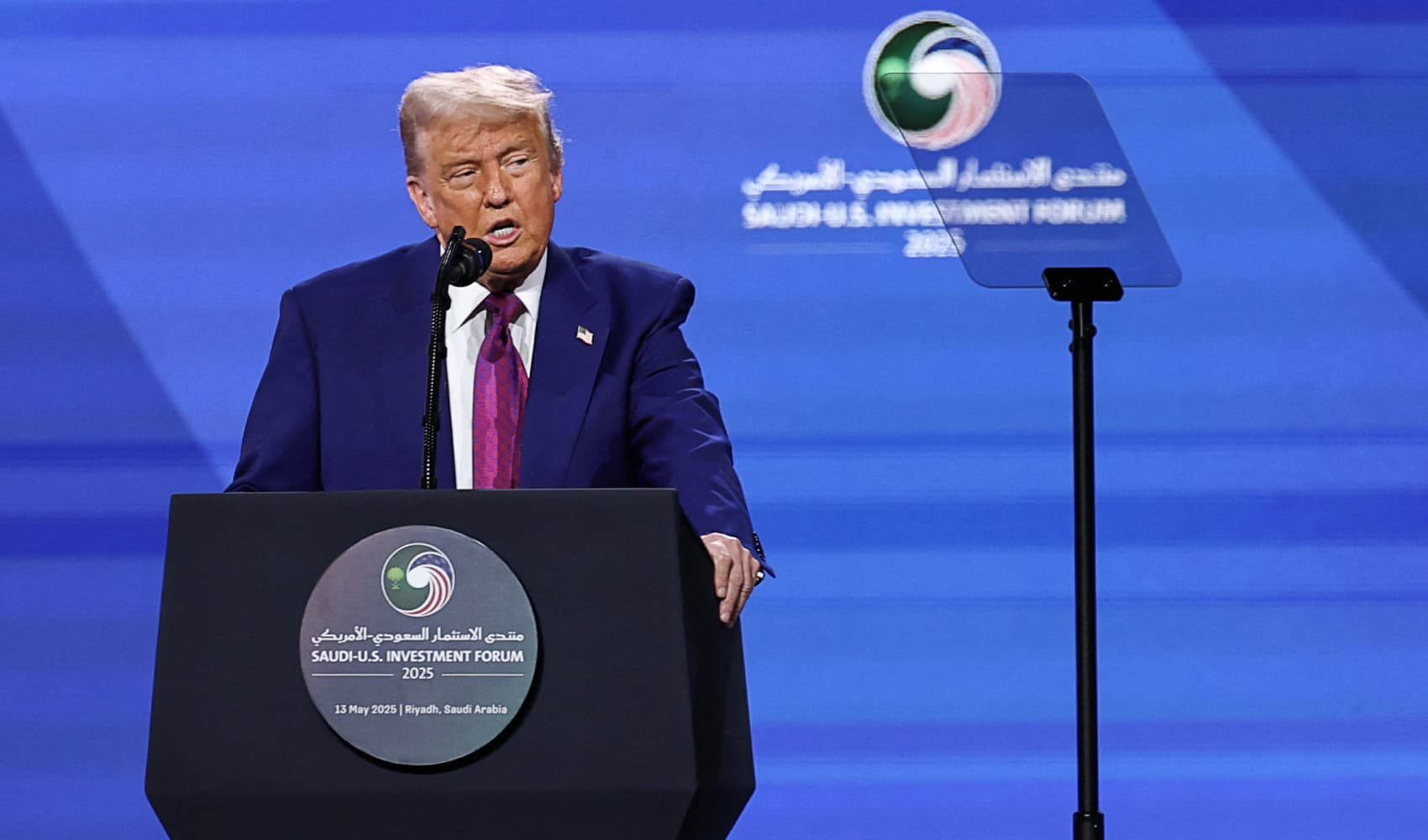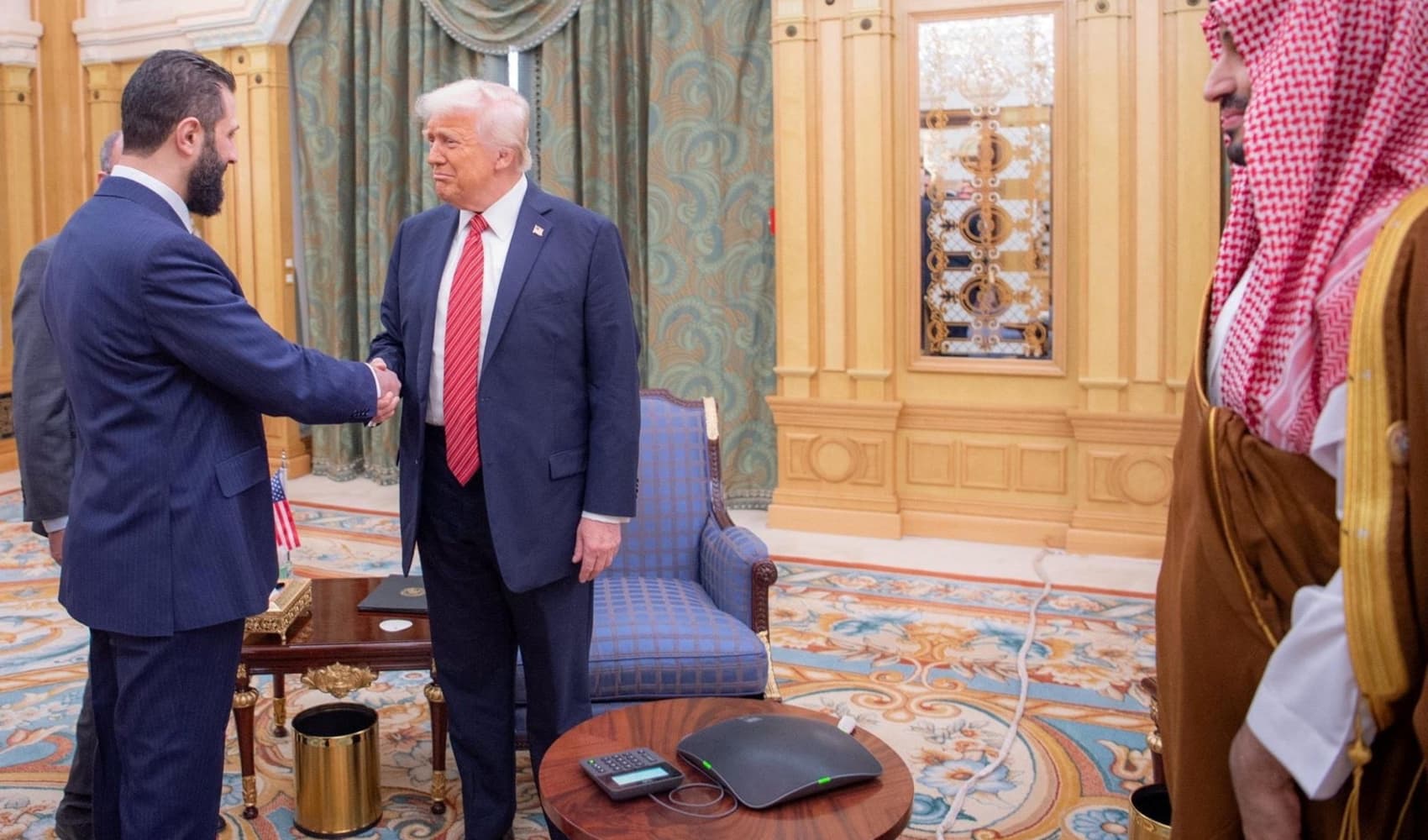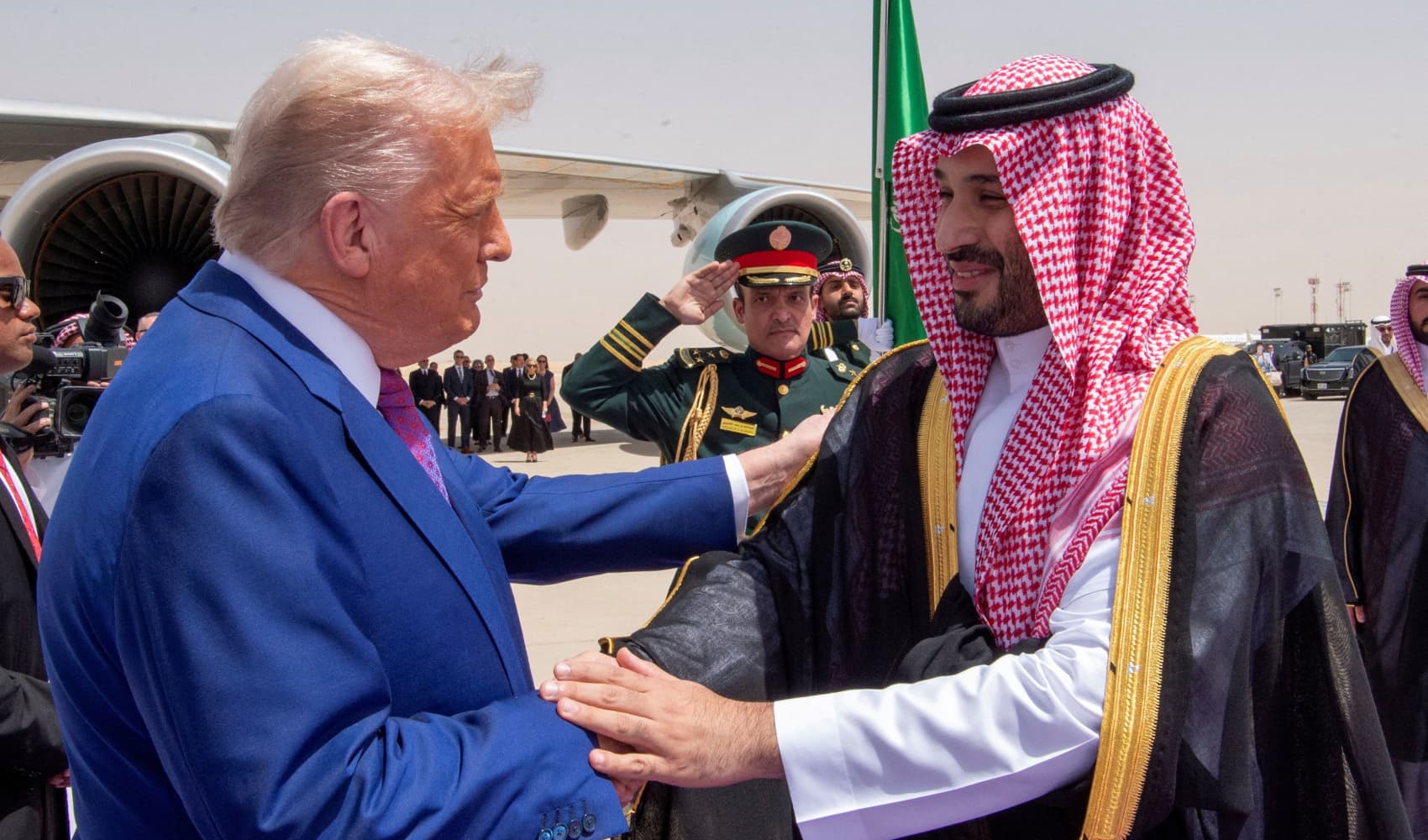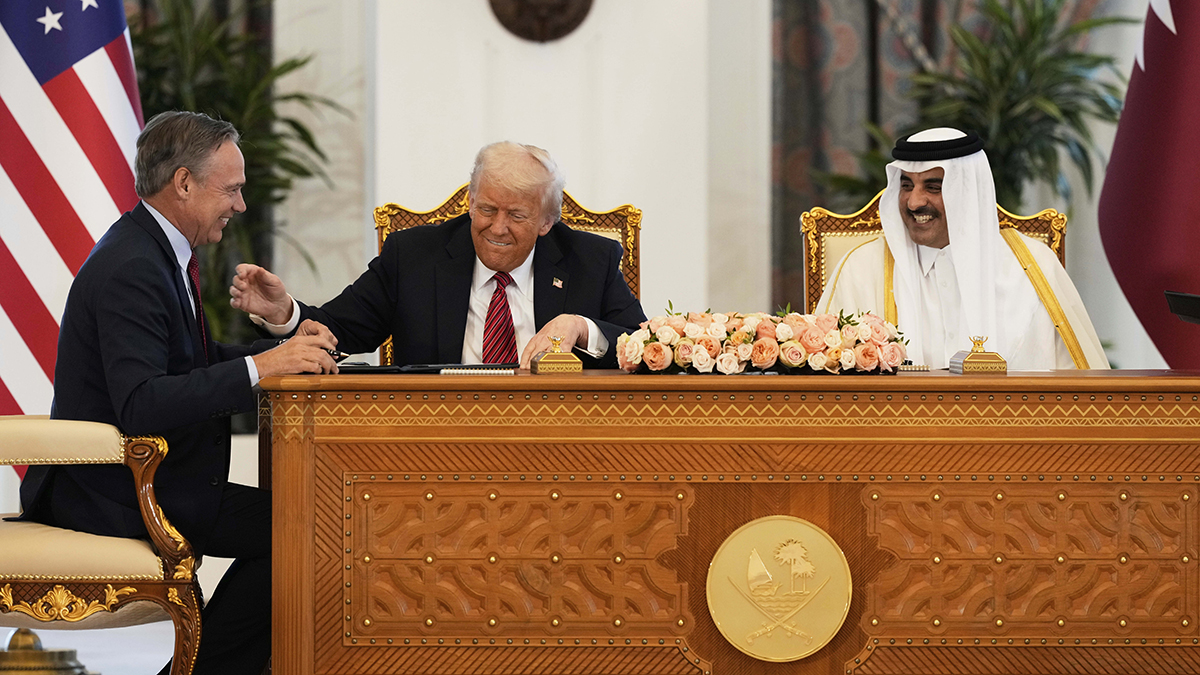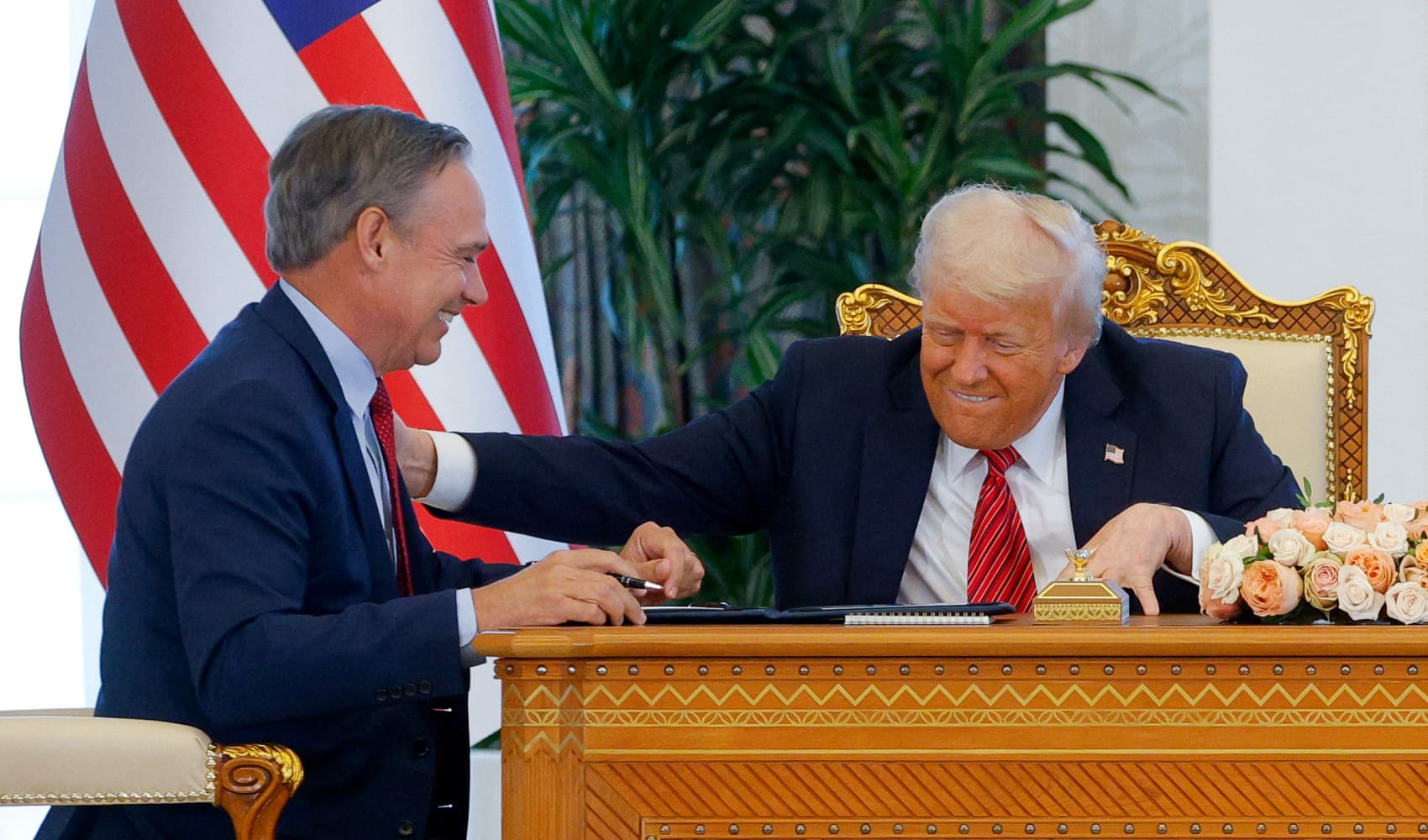Iranian Port Explosion: Missile Fuel Link, Fatalities Reported
Massive Blast Rocks Iranian Port: Missile Fuel Link Suspected, Dozens Dead
Introduction: A Port in Flames
Imagine waking up to news of a catastrophic explosion. A nightmare unfolding in a place that should be a hub of trade and activity. That's exactly what happened at the Shahid Rajaei port in southern Iran. A massive explosion and fire erupted Saturday, allegedly linked to a shipment of a chemical ingredient vital for making missile propellant. The immediate aftermath? A heartbreaking scene of devastation: 18 lives lost and around 800 injured.
The Immediate Aftermath: Fighting the Flames
The response to the disaster was swift and intense. Helicopters and aircraft worked tirelessly through the night, dumping water onto the raging inferno. It was a race against time, battling not only the flames but also the potential for further explosions and the release of hazardous materials. The sheer scale of the fire made it a monumental challenge, a testament to the raw power and danger of such a chemical blaze.
Geopolitical Context: Tensions in the Air
The timing of the explosion is, to say the least, intriguing. It occurred just as Iran and the United States were engaged in their third round of negotiations in Oman regarding Tehran's rapidly advancing nuclear program. Could this be a coincidence? Or is something more sinister at play? It's a question that's undoubtedly on the minds of many across the globe.
Official Response: No Direct Accusations, Yet...
Interestingly, no official source in Iran has directly blamed the explosion on an attack. However, even Iranian Foreign Minister Abbas Araghchi, who was leading the talks, acknowledged the heightened security situation. He mentioned “our security services are on high alert given past instances of attempted sabotage and assassination operations designed to provoke a legitimate response.” Doesn't that sound like they suspect foul play?
Casualty Figures: A Devastating Loss
Iranian Interior Minister Eskandar Momeni delivered the grim casualty figures to state media. The death toll of 18 is a stark reminder of the human cost of such events. And with approximately 800 injured, the long-term impact on the community will be significant. Each number represents a life irrevocably changed.
Possible Causes: A Chemical Ingredient for Missiles?
The Suspected Cargo
The reports linking the explosion to a shipment of a chemical ingredient used in missile propellant raise serious questions. What exactly was this chemical? How volatile was it? And what safety measures were in place to prevent such an accident? It's essential to investigate these aspects thoroughly to determine the root cause.
Accident or Sabotage?
While no one is pointing fingers directly, the possibility of sabotage can't be ruled out. Given the geopolitical tensions and Iran's sensitive nuclear program, it's crucial to consider all potential scenarios. Was there a security breach? Could a foreign entity have been involved? These are the questions that investigators will undoubtedly be exploring.
The Shahid Rajaei Port: A Vital Hub
The Shahid Rajaei port is a critical transportation artery for Iran, serving as a major gateway for imports and exports. Any disruption to its operations can have significant economic consequences, not just for Iran but for the region as a whole. The stability of this port is vital.
US-Iran Relations: A Delicate Dance
The already strained relationship between the United States and Iran adds another layer of complexity to this situation. With nuclear negotiations ongoing, any incident that raises tensions could jeopardize the delicate progress being made. It's a precarious situation that requires careful diplomacy and restraint.
Nuclear Negotiations: At a Crossroads?
The timing of the explosion could potentially derail or at least complicate the nuclear negotiations. It's likely to increase mistrust and suspicion on both sides, making it even more challenging to reach a mutually acceptable agreement. Can diplomacy prevail despite the challenges?
Historical Precedents: A Pattern of Incidents?
Previous Explosions in Iran
Unfortunately, this isn't the first time Iran has experienced unexplained explosions at sensitive sites. In recent years, there have been a series of incidents at nuclear facilities, military bases, and industrial plants. These events have fueled speculation about possible sabotage and heightened security concerns.
The Natanz Incident
One notable example is the 2020 explosion at the Natanz nuclear facility, which caused significant damage and set back Iran's uranium enrichment program. The cause of the Natanz incident remains a subject of debate, but it underscores the vulnerability of Iran's critical infrastructure.
Global Reactions: Condemnation and Concern
The international community has expressed concern over the explosion and its potential implications. Many countries have called for a thorough and transparent investigation to determine the cause and prevent future incidents. The need for stability and de-escalation in the region is paramount.
Economic Impact: Potential Disruptions
The explosion could disrupt trade routes and impact global supply chains. The port's closure, even temporary, can lead to delays in shipments and increased costs for businesses. The full economic impact will depend on the extent of the damage and the duration of the port's shutdown.
Long-Term Implications: Uncertainty Ahead
The long-term implications of the explosion are uncertain. It could lead to increased security measures at ports and other critical infrastructure, as well as heightened tensions in the region. It's a stark reminder of the fragility of peace and the importance of diplomacy in resolving international disputes.
The Human Cost: Remembering the Victims
Amidst the geopolitical complexities and economic considerations, it's crucial to remember the human cost of this tragedy. The 18 lives lost represent families shattered and communities grieving. Our thoughts are with the victims and their loved ones during this difficult time. We can only hope that lessons will be learned to prevent similar tragedies from occurring in the future.
Conclusion: A Call for Transparency and De-escalation
The massive explosion at the Iranian port is a complex and concerning event with far-reaching implications. The alleged link to missile fuel, the timing amidst nuclear negotiations, and the history of similar incidents raise serious questions. While the investigation unfolds, it's vital for all parties to exercise restraint, prioritize transparency, and focus on de-escalating tensions. Ultimately, diplomacy and peaceful resolution are the only paths forward to ensuring stability and security in the region.
Frequently Asked Questions (FAQs)
-
What caused the explosion at the Iranian port?
The exact cause is still under investigation, but initial reports suggest it may be linked to a shipment of a chemical ingredient used in missile propellant.
-
How many people were killed or injured in the explosion?
Tragically, 18 people were killed, and approximately 800 others were injured.
-
Could this explosion be related to sabotage?
While no one has officially confirmed sabotage, the possibility is being considered, especially given the geopolitical context and past incidents at sensitive Iranian sites.
-
How will this explosion affect the nuclear negotiations between Iran and the US?
The explosion could potentially complicate the negotiations by increasing mistrust and suspicion between the two countries, making it more challenging to reach an agreement.
-
What is the Shahid Rajaei port, and why is it important?
The Shahid Rajaei port is a major transportation hub for Iran, serving as a vital gateway for imports and exports. Any disruption to its operations can have significant economic consequences for Iran and the region.


